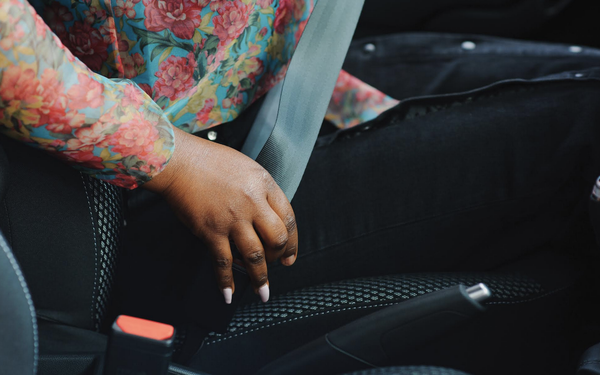
Babyscripts, a decade-old app that
OBGYNs provide to women for virtual maternity care support, can only succeed if users also show up in-person for necessary appointments.
Thus Babyscripts in May announced a team-up with Lyft
to provide women in medically underserved areas with free rides to maternity care appointments. Five months later, the company has released results from the partnership’s pilot program in its
home city, Washington, D.C.
Babyscripts says that 71% of DC patients who identified as “transportation-insecure” through its app have used the benefit--– averaging six rides
valued at $29 each, or a total savings of $173.
Armed with these results, Babyscripts now plans to expand the free rides program to other maternity care deserts in 2025, Chief Executive
Officer Anish Sebastian tells Marketing Daily.
advertisement
advertisement
Such deserts in the 28 states served by Babyscripts occur in rural areas as well as urban ones.
“Transportation
barriers are among the big reasons why patients are not able to receive adequate care,” Sebastian stresses, “whether it’s someone in the city where they have to take public
transportation or the bus system, or someone in rural parts of the country where they have to travel quite a lot.”
But what happens if Lyft doesn’t serve certain rural areas?
While calling Lyft a “really good partner” that has actually provided grants for the free rides, Sebastian says that “we’re looking into how we can approach other forms of
transportation that might be available.”
“Everything’s on the table,” including Uber, he adds.
On the other hand, rides to maternity appointments “fall
into the bucket of non-emergency medical transportation,” which is often covered by government programs, he says, noting that “Lyft is a covered benefit within several state Medicaid
plans,” has lots of relationships with states and municipalities and “could have targeted programs that go into areas where their regular drivers may not.”
Babyscripts cites
March of Dimes statistics that more than 2 million women of childbearing age live in maternity care deserts with no hospital offering obstetric care, no birth center, and no obstetric provider. An
additional 3.5 million women of childbearing age in counties with limited access to maternity care.
Washington, DC, Babyscripts notes, “reports some of the worst maternal health outcomes
(30.7 per 100,000 maternal deaths compared to the national average of 23.5) in the country.”
Babyscripts now works with more than 60 healthcare providers and about 350,000 pregnancies
annually, Sebastian says.